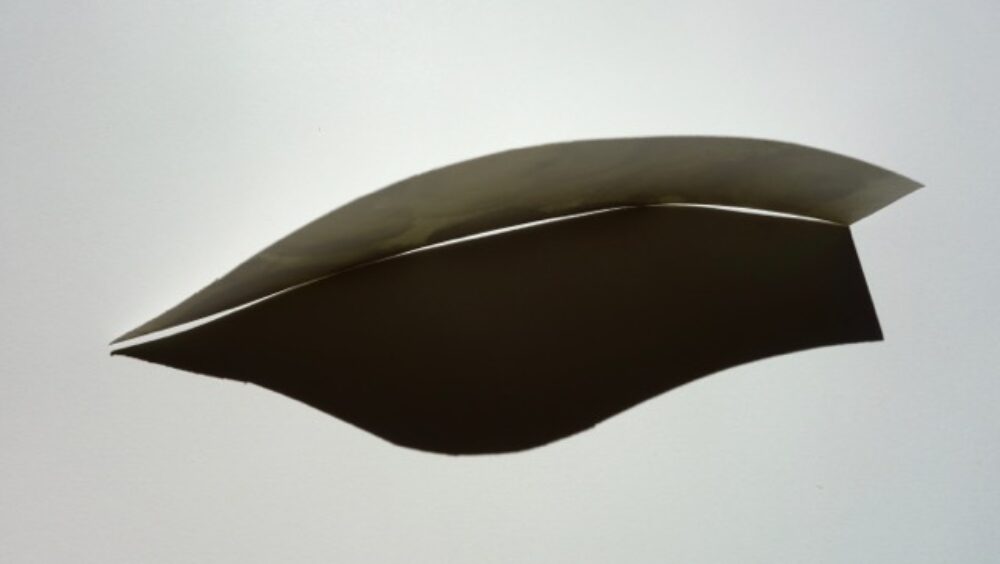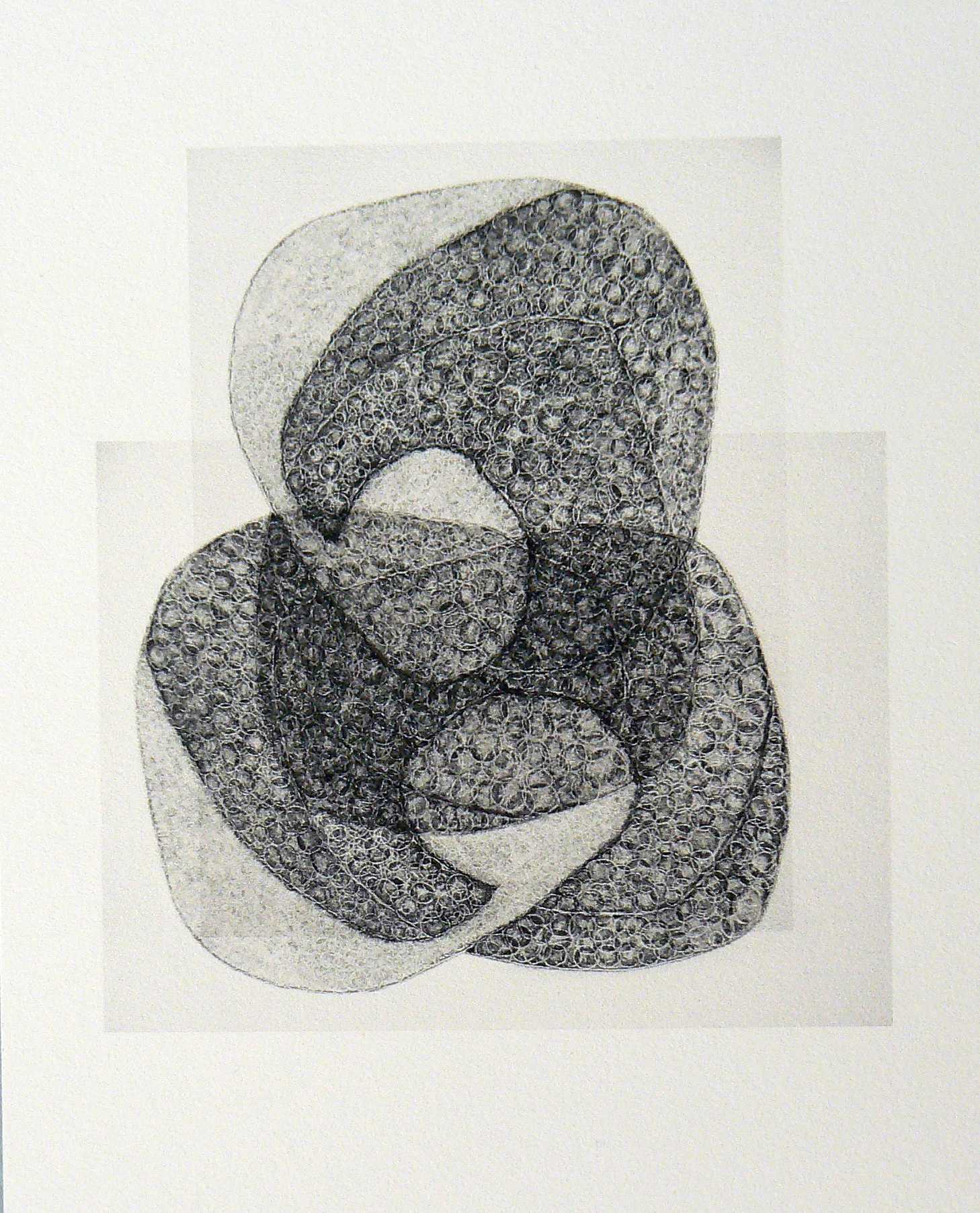What the fk is wrong with the Russian people?
Corruption is rampant. Upwards of $400 billion dollars circulates in bribery and other sub-rosa transactions. $15 billion dollars worth of construction work on the Sochi Olympics went to three of Putin’s pals. The average Russian’s wealth is less than $10,000 yet 110 Russians are billionaires. These few Russians lead extravagant lives. They don’t spend money at home, they like to live close to their money* in London, New York and Switzerland. Their humble pieds-a-terre in Hyde Park and Manhattan are celebrated by Architectural Digest and accented with the purchase of neighborhood sports franchises. Their children buy Greek islands. But the king of Russian kleptocrats may be Vladimir Putin himself:
So what evidence is there of Putin’s secret obscene fortune? Let’s start with the small stuff. Putin is known to sport a $150,000 Patek Philippe watch on most occasions and his total collection has been valued at $700,000. He also has full access to a $40 million ultra-luxury yacht that features a wine cellar, Jacuzzi, helipad and outdoor barbecue area. In terms of living accommodations, Putin has access to 20 mansions throughout the world including a lavish ski lodge and Medieval castle. The crown jewel of his property portfolio is a $1 billion palace overlooking the Black Sea that he allegedly owns through an anonymous trust… If Vladimir Putin’s net worth truly sits at $70 billion, that would be enough to make him the third richest person on the planet right behind Bill Gates and Carlos Slim Helu.
Meanwhile back at the ranch, the average Russian is living the Third World Dream.
What other “developed” country would put up with having the 400 richest people owning more wealth than the bottom 150 million put together? What other developed country would have that kind of wealth concentrated in the hands of a few when 70% of working age adults have jobs that pay less than $30,000?
The most unequal of the developed countries is the USA. According to OECD data, its Gini coefficient is 0.38, well above the values in the UK (0.34), Japan (0.33), Germany (0.30) France (0.29) and Denmark (0.26). What is more, inequality in the USA has been increasing by an average of 0.5% per annum since the mid 1980s.
According to the United Nations’ Human Development Report 2010, the USA’s Gini coefficient is even higher, at 0.41 (see Table 3 of the report). But this is still below that of Russia, with a figure of 0.44, a figure that has markedly worsened over time, along with those of other former Soviet countries.
Five members of the Walton family are have more wealth than the bottom 42% of all Americans combined.
What the fk is wrong with the American people?
*Nod to my money guru, JG

